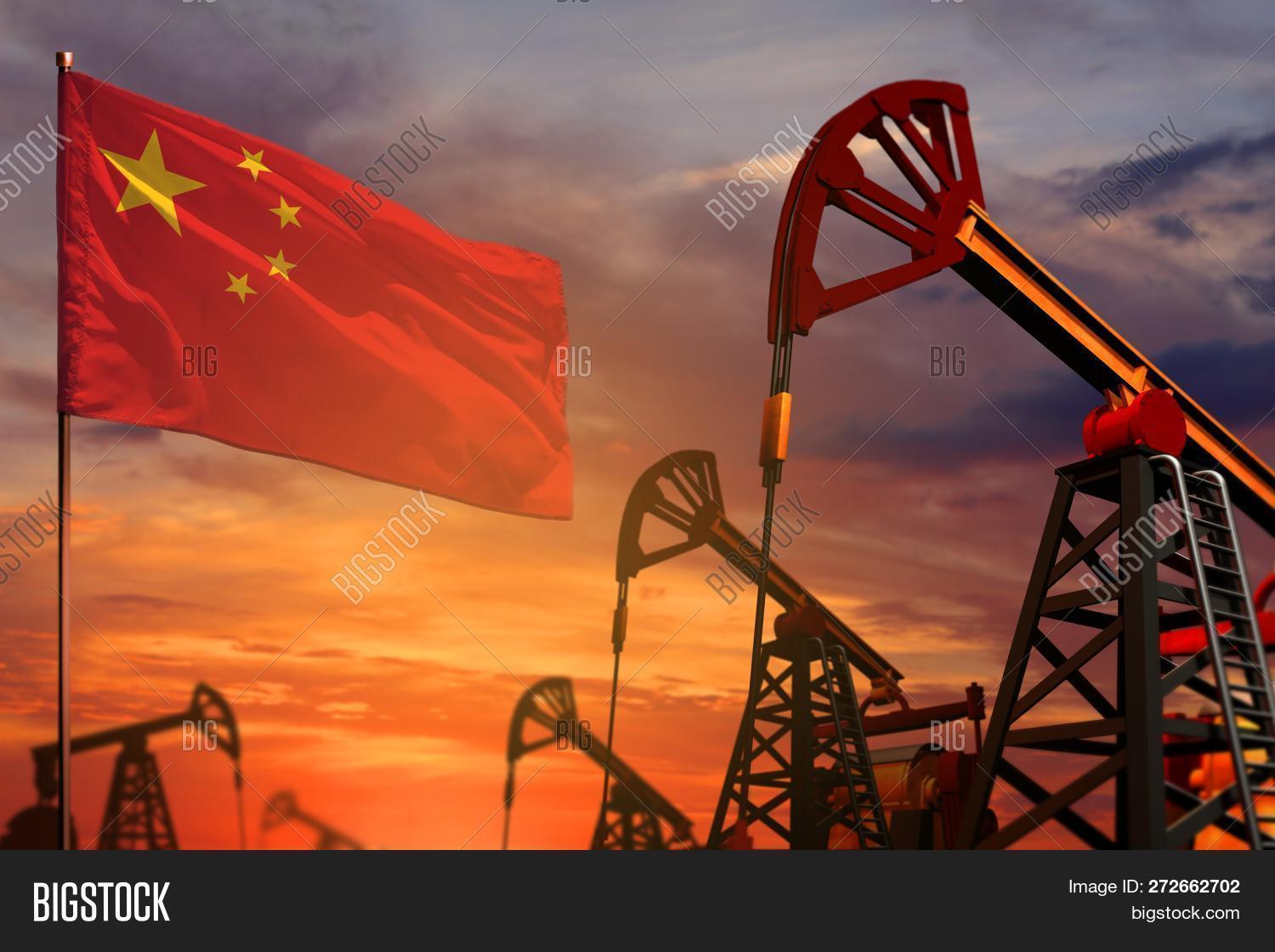In recent developments, Iran's robust oil trade with China has encountered significant hurdles, potentially reshaping the dynamics of global oil markets. Iran, a key supplier, has chosen to withhold shipments to its major client, China, while simultaneously demanding higher prices. This decision has sent ripples through the global oil industry, with ramifications that could resonate beyond just these two nations.
Hot Posts
6/recent/ticker-posts
Crafted with by TemplatesYard | Distributed by Blogger







0 Comments